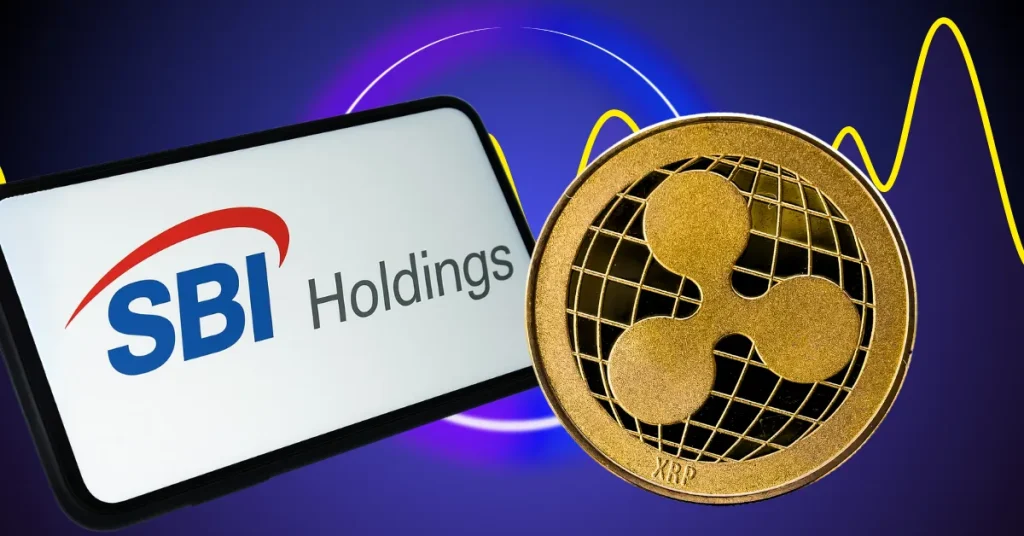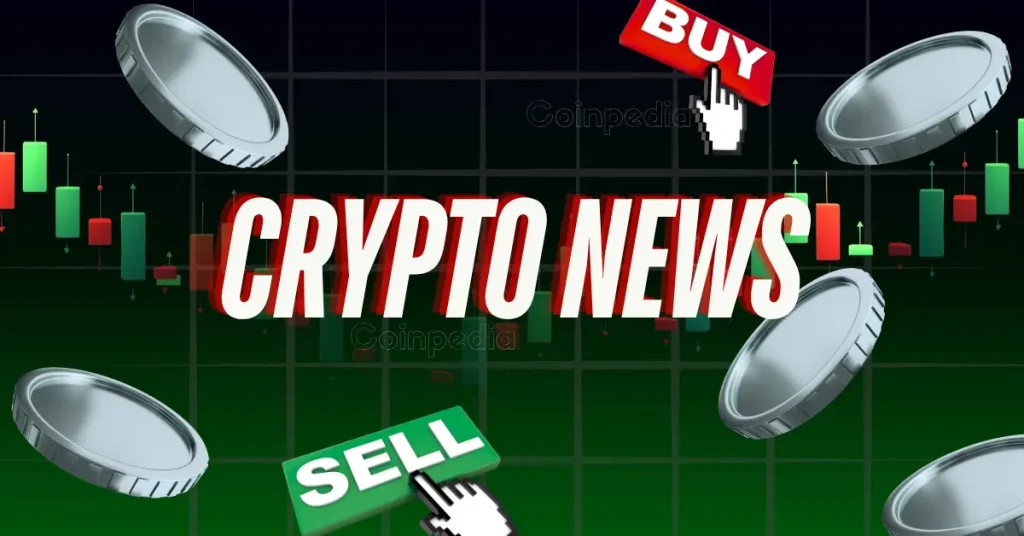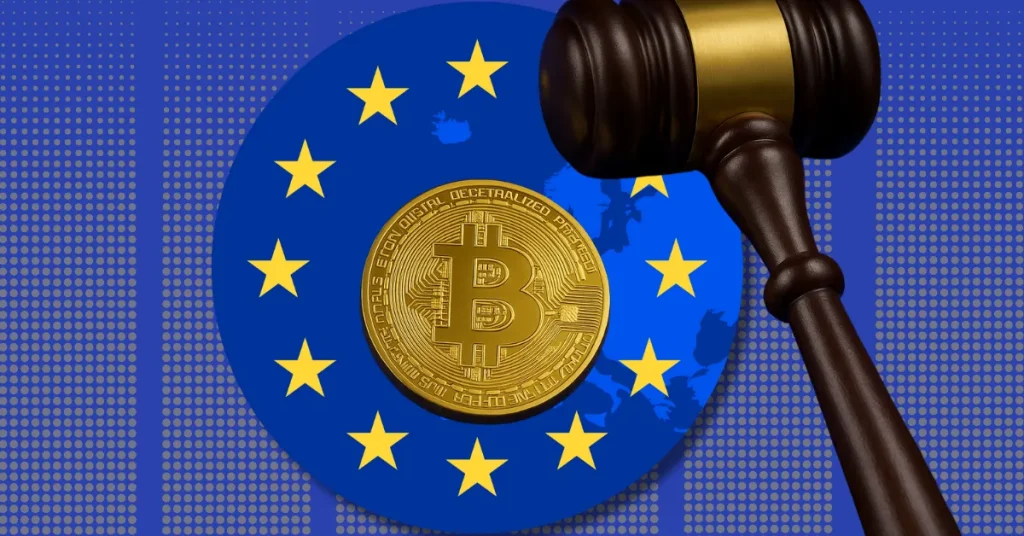
Uniswap v3 Commercial Use License
The deadline for the business license (BLS) of the source code of Uniswap v3, the largest distributed exchange (DEX), is approaching April 1, 2023.
Uniswap v3, released in May 2021, is equipped with functions useful for improving capital efficiency, such as flexible fee settings and “Concentrated Liquidity positions” that specify the price range of liquidity provision (LP). A mechanism to generate (mint) NFT tokens that reflect LP positions was also implemented.
At that time, the Uniswap v3 program code was released as an open source, but due to the “Vampire Attack” by other projects such as SushiSwap, the “Business Source License” required additional licenses for commercial use. (BSL) was established with a two-year limit.
What is Vampire Attack?
Attempts to steal users, liquidity and trading volume from the original project by copying an open source project and offering higher APY (interest rate) or better incentives than the original project.
 Cryptocurrency Glossary
Cryptocurrency Glossary
connection:Uniswap v3 completes Ethereum mainnet implementation
Competitors follow suit
After the BLS expires on April 1st, external developers will be free to fork Uniswap v3 and release it as their own decentralized exchange (DEX). This could affect Uniswap’s position as the current industry leader.
 @PancakeSwap $CAKE to launch the #PancakeSwap V3 in the 1st week of April
@PancakeSwap $CAKE to launch the #PancakeSwap V3 in the 1st week of April
The upgrade will grant PancakeSwap users competitive trading fees, trading incentives, improved liquidity provisioning, and yield farming experience.
 https://t.co/CpmTdDRyZT pic.twitter.com/NjBFcqLv7y
https://t.co/CpmTdDRyZT pic.twitter.com/NjBFcqLv7y
—  CryptoDep #StandWithUkraine
CryptoDep #StandWithUkraine  (@Crypto_Dep) March 6, 2023
(@Crypto_Dep) March 6, 2023
For example, PancakeSwap, the top DEX on the BNB chain, is scheduled for a version upgrade in early April, adding features such as improved liquidity offerings, transaction fee adjustments, trading incentives and yield farming tools. .
In particular, it is conceivable that other DEXs will be implemented as a basic function for “centralized liquidity”, which has dramatically increased the usefulness of Unbiswap. In fact, the Uniswap v2 code has been used in many products as the basic foundation of DEX.
Uniswap is also in a hurry to develop multi-chain before the business license of the source code expires. On February 10th, a community vote approved a proposal to deploy Uniswap v3 on the BNB chain. The main purpose of the multi-chain plan is based on the idea that “an official Uniswap that users can trust should be deployed early to avoid the proliferation of fork applications.”
At the time of writing, Uniswap v3 has a 24-hour trading volume of approximately 340 billion yen ($2.5 billion), topping the DEX market (according to CoinMarketCap). The total deposit assets (TVL) of the protocol is about 470 billion yen ($ 3.5 billion), which is 6th in the entire DeFi (decentralized finance) market (DeFillama survey). Uniswap v3 is based on the Ethereum (ETH) chain and is deployed in 5 chains such as the second layer Arbitrum and Optimism (OP).
connection:Uniswap Approves Deployment To BNB Chain
Comment and get BTCThe post Why the DEX market is attracting attention in April when Uniswap v3 commercial use restrictions expire appeared first on Our Bitcoin News.

 2 years ago
187
2 years ago
187














 English (US) ·
English (US) ·